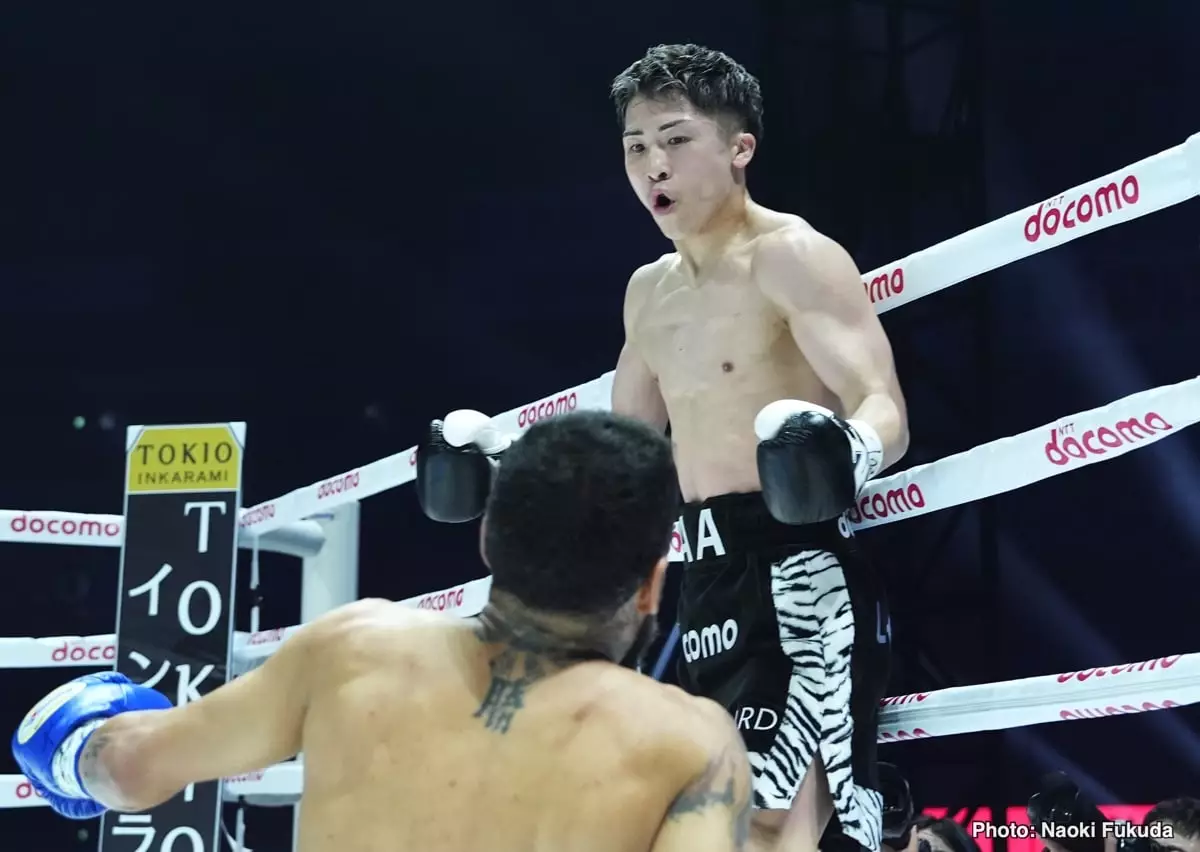In just a short span of time, Turki Alalshikh, a name once unfamiliar to boxing enthusiasts, has emerged as a formidable force in the sports industry, particularly within the realm of professional boxing. His rapid ascension coincides with a significant wave of investment and ambition coming from Saudi Arabia, aiming to reshape its sports landscape. Alalshikh’s influence is best illustrated by his negotiations with elite fighters and his ability to host large-scale events that showcase some of the sport’s biggest stars.
The recent news surrounding Alalshikh’s signing of Japanese boxing sensation Naoya Inoue marks a pivotal milestone not only for Alalshikh but for the global boxing scene. Inoue, recognized as one of the finest pound-for-pound boxers today, has reportedly entered into a lucrative contract rumored to be worth around $20 million, which encapsulates not only the athlete’s status but also Saudi Arabia’s growing appeal as a boxing venue. Alalshikh’s admiration for Inoue, who he lauds as “the best and strongest boxer of all time,” underlines a strategic vision to promote both Saudi culture and the sport of boxing on an international stage.
While the details of Inoue’s fights in Saudi Arabia remain ambiguous, the potential for high-profile boxing events in Riyadh, alongside a focus on the Japanese market, points towards a broader ambition. Alalshikh’s ventures have already seen significant successes in various locations, including the UK and the US, showcasing his capability to attract global attention. His aspiration for Inoue to serve as an ambassador for Saudi Arabia speaks to a long-term strategy that seeks to bridge cultural exchanges through sports, something that could redefine perceptions of the Middle East in the athletics arena.
Despite his imminent fight against IBF challenger Sam Goodman in Japan, Inoue’s openness to competing in Saudi Arabia signifies a potential shift in his career trajectory. His promoter, Bob Arum, intends to have Inoue return to Las Vegas for future bouts, yet the allure of fighting in Riyadh cannot be understated. The evolving landscape of boxing, coupled with Inoue’s impressive track record of 28 wins (25 by knockout), positions him as an attractive asset for Alalshikh’s growing portfolio. The willingness of Inoue to embrace this novel opportunity illustrates a broader trend among fighters increasingly looking beyond traditional venues for their bouts.
Alalshikh’s rise is indicative of a changing paradigm in professional boxing. As he continues to collaborate with top-tier talent, the influx of high-stakes matches in unconventional locations will not only elevate the global profile of Saudi Arabia but also foster a more diverse landscape for boxing enthusiasts worldwide. The question remains: how many more prominent fighters will join him in this unfolding narrative? The next few years promise an exciting evolution for boxing, with Alalshikh at the helm, steering the sport toward new heights.

